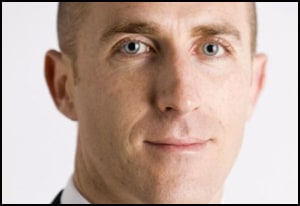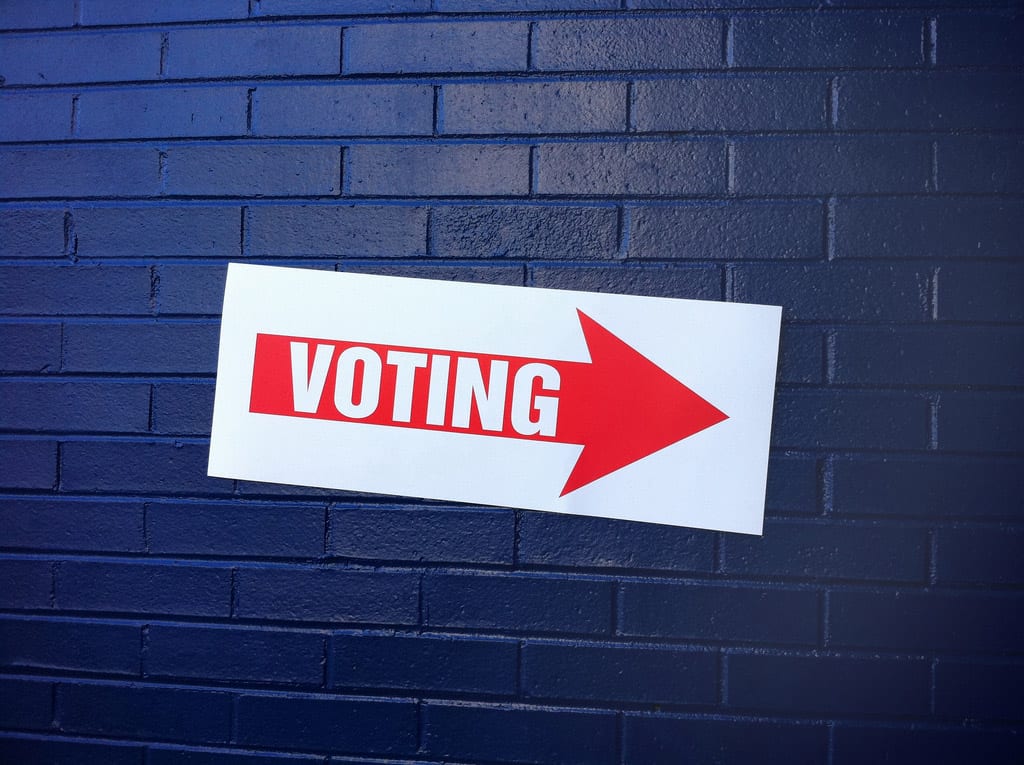By Vincent McCarthy, head of Investment Consulting at Invesco
On February 26th 2016, the citizens of the Irish Republic will elect 158 members across 40 constituencies to form the 32nd Dáil Éireann. Who to vote for and what factors should drive your vote?
Taoiseach Enda Kenny would have you believe that is a simple choice, “The choice Ireland faces; who will keep the recovery going?” he told his Facebook followers.
However, it is a challenging time for voters, inundated with information across all media platforms. Not only are voters suffering from information overload, it is near impossible to decipher what candidates actually stand for, amidst the constant political bickering.
The outlandish promises, the blame game, what are voters to believe? How are we to choose the best candidates to lead the Republic into the next century of independence? The leaders’ debate may have swayed some voters, but I believe we need to employ a colder analytical approach, based on facts.
THE BEAUTY PARADE
I don’t work in politics, nor do I have any political leaning. However, I believe the challenge faced by voters is not too different from the one faced by the trustees of the many pension schemes I advise on.
Just as voters choose from a range of candidates, trustees must choose from a range of investment managers. Like politicians, investment managers can sell a good story.
Our job as consultants is to help trustees see beyond the sales story to understand the performance they have delivered and what is achievable into the future.
We do this by standardising the key criteria into a short two to three page template document that acts as an aid for trustees when the shortlisted managers present, ‘the beauty parade’.
All I am really talking about is a decision-making framework for voters. For example, a simple two-page document on the fundamental election issues would be completed by all candidates.
No political talk, just straightforward answers, which voters can use to more easily compare candidates. This would help them to critically evaluate the candidates in a consistent way, to avoid being swayed by political rhetoric and negative campaigning.
It would also act as a tool to monitor and benchmark the performance of the elected politicians, the policies enacted versus what was actually promised. By removing the noise, you can cut through the political sales story and understand what they are actually saying.
For example, rather than long-winded answers, a simple response is all that is required.
- Do you support the right to abortion? Yes/no.
- What are your target income tax levels? % levels by band.
- Will you remove the USC charges? Yes/no, target levels by income band.
- Do you intend to increase the corporate tax rate above 12.5%? Yes/no.
- What proportion of government revenue do you intend to allocate to each department? %
- Will you maintain water charges in Ireland? Yes/No.
- Will you establish a new pension reserve fund to provide for the looming pension crisis? Yes/no.
As we see today, governments will always take credit for strong performance of the economy, but blame outside forces when the economy goes awry
MANIPULATION
The ‘fiscal space’ episode was a reminder that the numbers do not always add up when politicians are involved. In their defence, economic forecasting is notoriously difficult, the bedrock of any budget projections.
Still, that just leaves more room for manipulation for politicians seeking election to work the numbers for their plan. Given that the actual revenue is subject to revision, as the economy evolves, it be would be easier and more meaningful for voters to compare the percentage of government revenue that each party intend to commit to the various departments of the state.
Voters would be better placed to assess the drivers behind the performance of the economy. As we see today, governments will always take credit for strong performance of the economy, but blame outside forces when the economy goes awry.
As a small open economy, Ireland is acutely sensitive to global events, but voters need to be able to better assess how much of the performance should be attributed to the decision-making of the government.
Don’t get me wrong; the selection of the best candidate cannot simply be reduced to a questionnaire. There is an intangible quality real leaders possess which is less easily defined, a presence that gives them the ability to inspire and transform.
As a football fan, I think about the likes of Bill Shankly, or more recently Alex Ferguson. Bill Shankly had a vision, “to build Liverpool into a bastion of invincibility”. It was his leadership and ability to motivate others that made that vision a reality.
Of course these characters are a rare commodity in politics. But we have yet to see a leader step forward, beyond the political short-termism, and share a real vision for Ireland over the next 100 years.
Still, a choice must be made on February 26th. If the Government is for the people, then the people need to understand better what they are voting for, and be better placed to hold their politicians to account.
Forget the manifestos, in this world of information overload, a standard template completed by all candidates would be more meaningful. This would empower voters to be more invested in their choice of candidate, and as result we might have less voter apathy. At worst, it would help the undecided.
Photo (above): Justin Grimes
About the blogger

Vincent McCarthy is the head of Investment Consulting at Invesco, responsible for all aspects of investment strategy for defined benefit and defined contribution pension schemes.
He provides clients with bespoke advice on asset allocation, investment selection and risk management.
McCarthy has previously held roles with Merrill Lynch in the US, Davy and IFG Ireland, advising and managing money for high net worth individuals and corporate clients.
He graduated from the University of Limerick with a 1.1 Honours Business degree in 2003, majoring in Economics and Finance.
He also completed a Masters in Finance at Fairfield University, Connecticut after being awarded the Fr John Conlisk scholarship. He is also a CFA Charterholder and a qualified financial advisor.
You can find him on Twitter, or view his personal blog.

